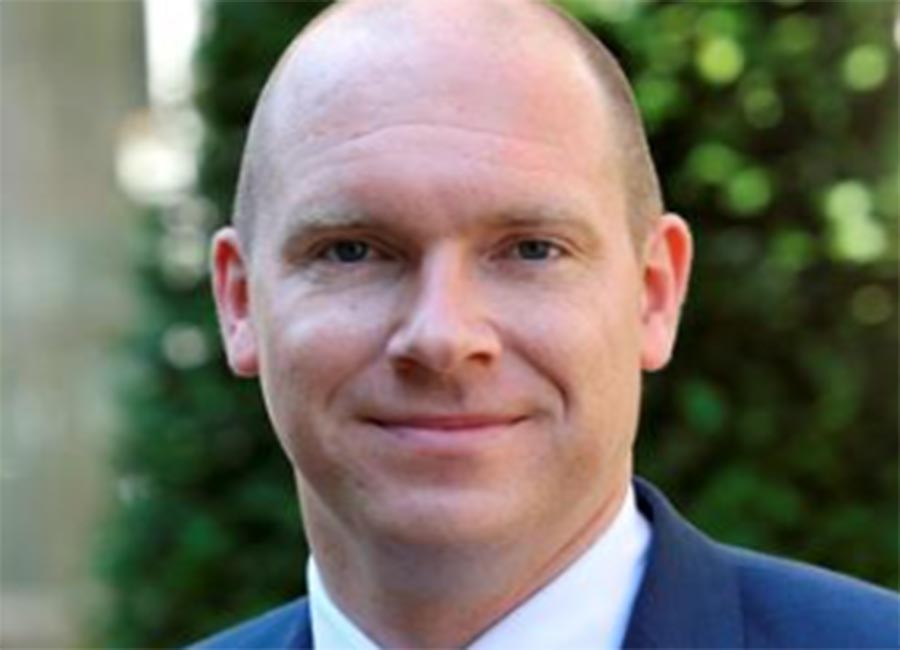Almost half (49%) of small business have reported rising costs in the past 12 months, according to the Small Firms Association's (SFA) Small Business Survey, conducted by Amárach.
The share of businesses reporting increased costs is down significantly from 84% last year, but firms are still struggling with a high-cost base compared to previous years.
Some 44% of businesses reported no change in costs in the past year. More than 350 small firms nationwide took part in the survey in recent weeks, answering questions related to business costs and business sentiment.
Business costs have increased by an average of 11.7% in the past 12 months among companies that have experienced higher costs, down from 16.6% in last year's survey.
Labour-related costs remain the biggest challenge with 31% of all businesses reporting that employment costs have increased in the past year, but that is also a decline from 48% of all businesses in last year’s survey.
“The clear message from this survey is that almost all small businesses are operating in a high-cost environment in recent years. For many, this is not sustainable," said David Broderick, director of the SFA.
“It is alarming to see that more than half of businesses surveyed will not be able to trade beyond six months without additional funding. This comes amid a decline in borrowing which may be attributed to lower debt levels and that almost half of businesses surveyed say that there are barriers to accessing finance.
“Overall, this survey highlights the need for urgent policy action from the Government to mitigate against high business costs. Budget 2026 presents an ideal opportunity for Government to act decisively."
Borrowing has also declined year-on-year with only 13% of firms claiming to have borrowed money recently compared to 40% last year. The share of companies stating that they have not borrowed any money for two years has increased from 54% to 81%.
Debt levels have decreased but almost have of businesses surveyed say that there are barriers to accessing needed finance.
Reduced borrowing has impacted the ability for small businesses to operate, with 54% of businesses surveyed saying they could not trade beyond six months without additional funding, a significant increase from 35% reported in last year’s survey.
Of the businesses that have successfully sourced funding in the past 12 months, 62% have borrowed from the pillar banks, an increase of 24%. However, 22% have borrowed money from family and friends, an increase from 19% reported last year.
With the possibility of tariffs between the EU and the United States, six out of 10 firms are currently taking action to mitigate against tariffs while 22% of small businesses are reviewing spending plans.
“The survey’s findings show that there are opportunities when it comes to accessing finance. Only one in seven small businesses have pitched for public service contracts," said Broderick.
"While a few sectors are not traditionally part of the public consultation process, I think the government has a duty to make the public procurement process a lot easier for small firms.”
When businesses were asked to rank the most challenging costs, 20% stated that employment costs were the most challenging, and a quarter (25%) ranked mortgage or rent, payments as the most challenging.

Of all the businesses asked, 12% stated regulation costs with 14%citing raw material costs as the most challenging costs.
The survey also stated that 81% of small businesses said that the government needs to do more to help SMEs, up from 74% last year.
(Pic: Getty Images)










